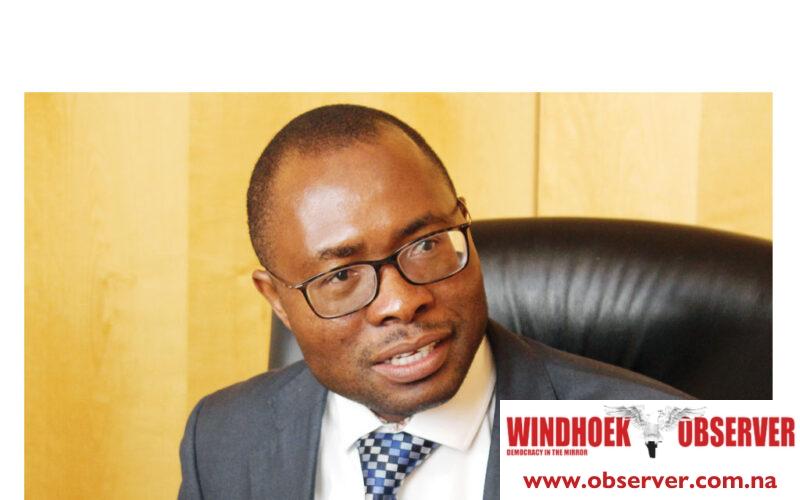Niël Terblanché
In a move aimed at bolstering social welfare and economic stability, Finance Minister Iipumbu Shiimi announced an increase of N$200 in the Old Age Grant and the Disability Grant from N$1,400 to N$1,600 per month
The increase will become effective on 1 April 2024.
He made the announcement during the tabling of the National Budget, reflecting the government’s commitment to enhancing the living standards of its most vulnerable citizens.
Shiimi acknowledged the aspirations of the late President for a considerable uplift in the Old Age Grant.
“We fully recognize the dream of our departed President for a significant increase in the Old Age Grant, but we cannot afford to deliver on his dream in a single financial year,” he said.
He gave the assurance that the government would aim for gradual increases in social grants as fiscal resources allow, underlining the gradual approach towards realizing the late President’s vision.
Shiimi emphasized the critical role of social sector investment in Namibia’s developing economy, advocating for the sustained prioritization of social sector allocations to cultivate long-term economic capacity, mitigate vulnerabilities, and improve living standards.
Accordingly, Shiimi announced that the social sectors would receive N$44.3 billion or 50.7 percent of the budget. This is an increase from N$39.4 billion in the previous fiscal year.
This allocation includes N$18.4 billion dedicated to the Basic Education, Arts, and Culture sector for FY2024/25, with a total of N$56.1 billion earmarked over the Medium-Term Expenditure Framework (MTEF).
Another crucial aspect of the budget presentation was the acknowledgement of the impending maturity of the Eurobond in 2025, posing a significant debt repayment challenge for the government.
Shiimi stated that the N$14.3 billion Eurobond, due on 29 October 2025, is “the largest single debt maturity in the history of our country.”
He outlined the government’s strategy to manage this challenge.
“We are committed to redirecting part of the increase in revenues towards the sinking fund to manage the rollover risk and contain increases in future debt service obligations,” he stated.
According to Shiimi, this approach aims to minimize the future drain on resources needed for critical areas such as infrastructure development, poverty reduction, and combating climate change.
The National Budget for FY2024/25 reflects a balanced approach between addressing immediate social needs and preparing for future financial obligations.
By increasing social grants and allocating a significant portion of the budget to social sectors, the Namibian government demonstrates its commitment to improving the welfare of its citizens.
Simultaneously, the strategic management of the country’s debt showcases a forward-thinking approach to ensuring economic stability and sustainable development.




